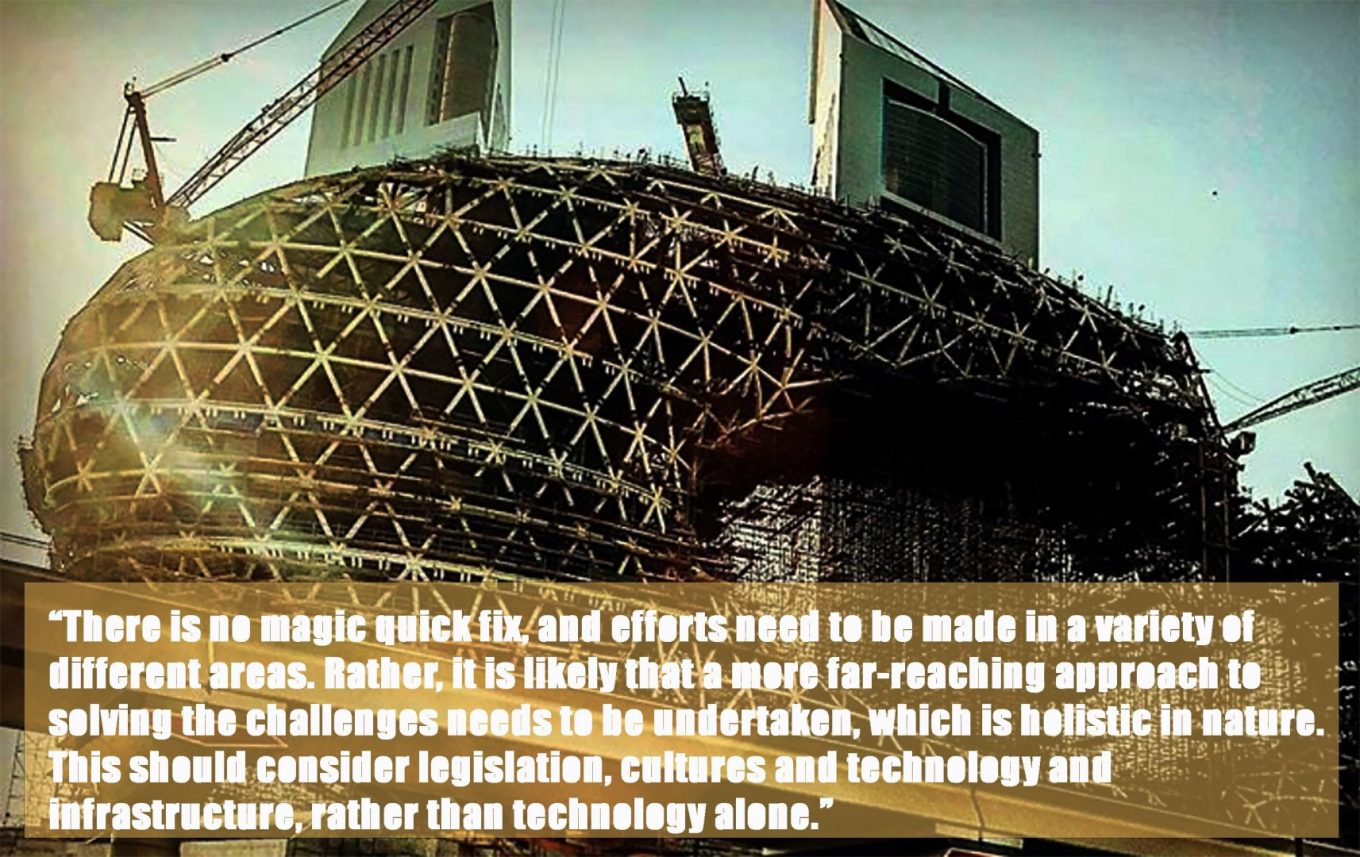
Throughout its life to date so far, the internet has been fast evolving. It is utilised by billions of people in many different ways. New uses are emerging all the time as people devise new business models and ways of using the technology as it develops. While it is very difficult to predict what could happen with the internet moving forward, it is helpful to have an idea of what might occur. Nesta has recently tried to accomplish this by anticipating the challenges for the internet that are likely to arise in the future.
One of the problems that seems very clear is that there is not going to be one overarching solution to the challenges that the internet brings that will solve everything. That is not to say that people do not suggest them – they do. For example, Blockchain and decentralisation have both been touted as factors that may solve the challenges – and to some degree, they do, that is true. Yet no one solution on its own is likely to overcome the myriad of problems faced. There is no magic quick fix, and efforts need to be made in a variety of different areas. Rather, it is likely that a more far-reaching approach to solving the challenges needs to be undertaken, which is holistic in nature. This should consider legislation, cultures and technology and infrastructure, rather than technology alone.
Many would agree that one of the issues with the internet at the current time are related to centralised power and monopolies, and organisations and business models that maintain this status quo. This is problematic as it promotes a capitalist and non-fair internet, which is not very helpful in promoting a healthy economy and society. Examples such as Airbnb have accentuated this – where property is snapped up in city centres and rented out on Airbnb to the point where local people can no longer afford to purchase property. New models need to take a more cooperative-style or commons based approach so that people are protected. However, it is challenging to know what types of models might really work in this regard. There are also insufficient rules around access to data, allowing some companies to take tremendous control.

Sustainability and fairness needs to also be considered, as it can be seen to be a challenge faced with the internet. The exponential growth of the internet of things has led us to the point where more than 20 billion things will be connected by 2020. It may be questioned whether this is sustainable, and how much damage this is causing worldwide. Steps need to be taken to ensure the impact of people on the environment is not increased by a need for connectivity. Also, when this level of production is being sought, questions arise as to whether the production facilities used are ethical in their approach. Sometimes these types of practices have historically led to the use of child labour and unethical practices. These are important issues that must be thought through.
Cybersecurity also requires thought and consideration. Cyber threats are of increasing concern as they are becoming more sophisticated in nature. The worries are not just related to hacker attacks, ransomware requests and those types of damaging issues. They also include problems where there is suspected interference by agents of one country into the elections of another, and the like. Solutions need to be safe to use, and they must be resilient. We need to find ways to ensure that infrastructure can keep people safe from cybercrime, and that this is future-proof. Questions need to also be posed about how governments can and should work together to avoid cyber warfare such as that described, and worse. At the current time there is little in place in this regard.
These are just some of the issues faced. There are also complex matters to consider around data sovereignty and trust, in addition to how to make sure that artificial intelligence technologies are ethical. This latter point is particularly difficult when there is no clear understanding and agreement over what values AI systems should incorporate and how they should do this. Ultimately, the internet needs to be safe, accessible, diverse and open.
There are some very important questions that yet to be answered about how this will be achieved. Alternative models, such as platform cooperativism or commons-based approaches can help empower smaller initiatives, help level the playing field and offer better protections to consumers and digital workers can be an answer to a fairer internet of the future. For that Governments and citizens have to act together, and ultimately change their mindset.

Paula Newton is a business writer, editor and management consultant with extensive experience writing and consulting for both start-ups and long established companies. She has ten years management and leadership experience gained at BSkyB in London and Viva Travel Guides in Quito, Ecuador, giving her a depth of insight into innovation in international business. With an MBA from the University of Hull and many years of experience running her own business consultancy, Paula’s background allows her to connect with a diverse range of clients, including cutting edge technology and web-based start-ups but also multinationals in need of assistance. Paula has played a defining role in shaping organizational strategy for a wide range of different organizations, including for-profit, NGOs and charities. Paula has also served on the Board of Directors for the South American Explorers Club in Quito, Ecuador.












